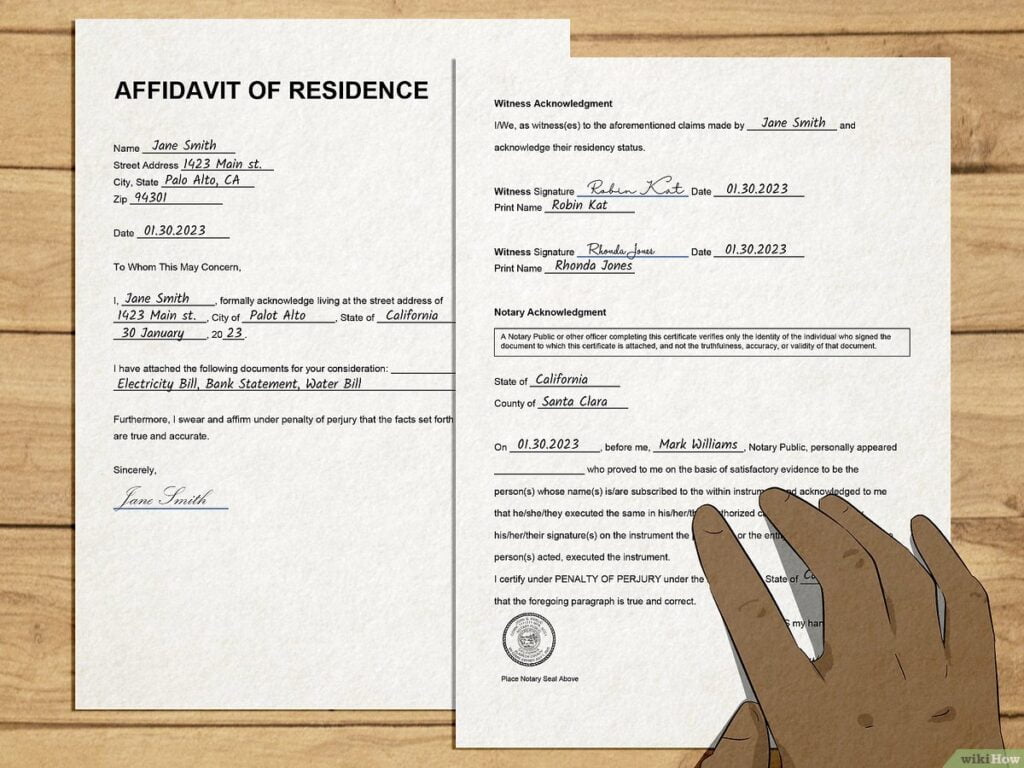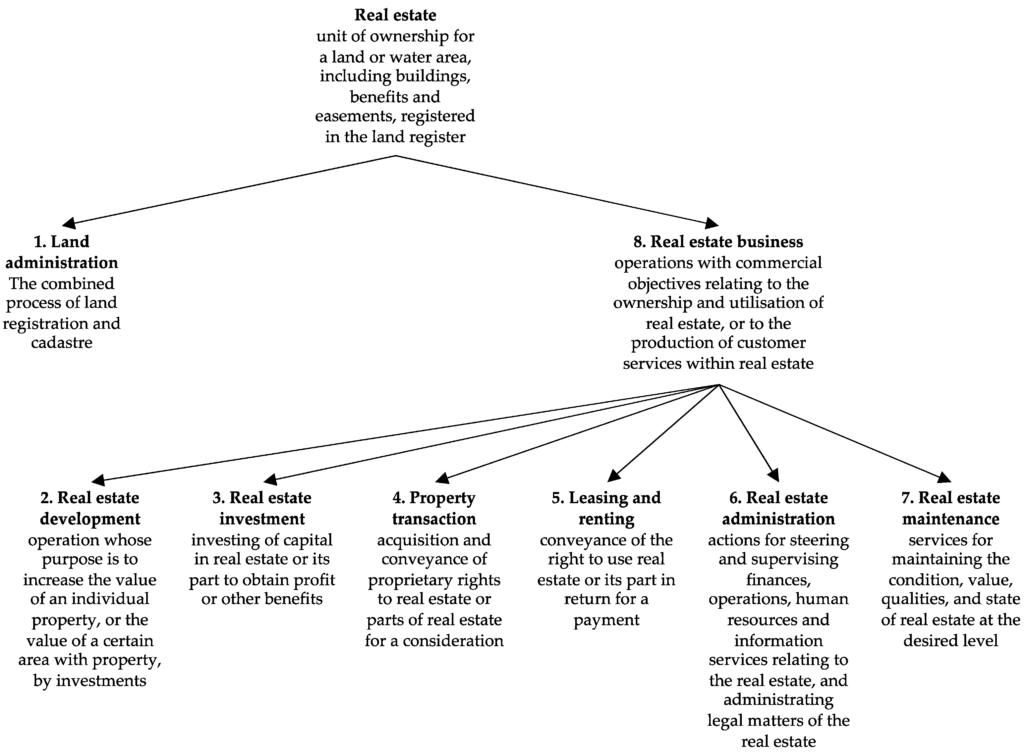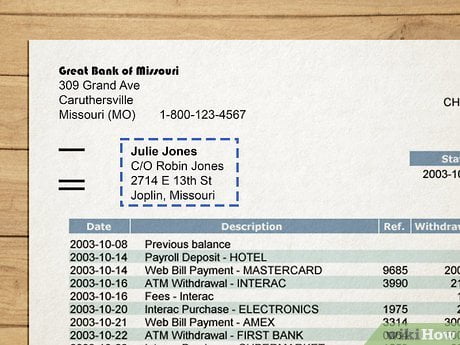In order to ensure the authenticity of your important documents, it is crucial to seek the expertise of legal professionals and utilize the services provided by the Property Registration Office. By doing so, you can be confident in the legal validity and accuracy of your documents, providing you with peace of mind and protection against any potential legal complications in the future. Your legal experts and the Property Registration Office are there to assist you in navigating through the complexities of document authenticity, ensuring that your important paperwork is reliable, trustworthy, and legally sound.
The Importance of Document Authenticity
Recognizing the Significance of Authenticity
When it comes to important documents, authenticity is of utmost importance. The authenticity of a document refers to its genuine origin and accuracy. An authentic document carries more weight and credibility, giving it legal and monetary value. It ensures that the information contained within the document is accurate and trustworthy. Whether it is a land deed, a contract, or an identification document, ensuring its authenticity is crucial to avoid legal disputes, fraudulent activities, and financial losses.
Consequences of Falsely Authentic Documents
On the other hand, the repercussions of falsely authentic documents can be severe. Falsifying a document can lead to legal consequences such as civil penalties, lawsuits, and even criminal charges. Those who engage in such practices risk losing their reputation and credibility, impacting their future endeavors. Moreover, falsified documents can also result in financial losses for individuals and organizations, as they may unknowingly enter into agreements or transactions based on false information. Therefore, recognizing and addressing the issue of document authenticity is vital.
Legal Experts: Your Guide to Document Authenticity
Consulting with Legal Professionals
To navigate the complexities of document authenticity, it is essential to seek guidance from legal professionals. Legal experts specialize in various aspects of the law, including document authenticity. They possess the knowledge and expertise to identify red flags and inconsistencies in documents, ensuring that they are genuine and legally binding. By consulting with legal professionals, you can receive valuable advice and guidance on the authenticity of your documents, preventing potential legal complications and protecting your interests.
Utilizing Legal Experts’ Expertise
Legal experts can assist not only in assessing the authenticity of your documents but also in providing legal remedies in case of any discrepancies. They can help in verifying the validity of documents, reviewing contracts and legal agreements, and advising on the necessary steps to ensure document authenticity. Their expertise can be especially beneficial when dealing with complex legal matters, such as property transactions or business contracts. By utilizing the services of legal experts, you can have peace of mind knowing that your documents are authentic and legally sound.

Property Registration Office: Ensuring Document Authenticity
Understanding the Role of the Property Registration Office
For documents related to property ownership and transactions, the role of the Property Registration Office becomes crucial. The Property Registration Office is responsible for recording and maintaining official records of land deeds, property titles, and related documents. It serves as a trusted authority that ensures the authenticity of these documents, providing a reliable source of information for property owners, buyers, and sellers. By registering property documents with the office, individuals can establish proof of ownership and protect their interests.
Verifying Document Authenticity through the Office
The Property Registration Office plays a significant role in verifying the authenticity of property-related documents. It carefully examines submitted documents, ensuring they meet the necessary legal requirements and are free from any inconsistencies or irregularities. By conducting thorough checks and comparisons with existing records, the office can confirm the accuracy and authenticity of the documents. This verification process provides individuals with the assurance that their property-related documents are genuine and legally binding.
Types of Documents Requiring Authenticity
Land Deeds and Property Titles
Land deeds and property titles are crucial documents when it comes to establishing ownership and transferring property rights. These documents provide legal evidence of property ownership and are often required during property transactions. Ensuring the authenticity of land deeds and property titles is essential to avoid disputes and protect the interests of all parties involved.
Contracts and Legal Agreements
Contracts and legal agreements form the foundation of various transactions and relationships, whether in business or personal matters. From employment contracts to partnership agreements, the authenticity of these documents is vital for their legal enforceability. Falsifying contracts or legal agreements can lead to legal complications and financial losses. Therefore, it is crucial to verify the authenticity of such documents to ensure their integrity and validity.
Identification Documents
Identification documents such as passports, driver’s licenses, and social security cards are essential forms of identification recognized by governments and organizations worldwide. The authenticity of these documents is crucial as they are used for various purposes, including travel, employment, and access to services. Counterfeit identification documents can lead to identity theft, illegal activities, and compromised security. Verifying the authenticity of identification documents helps maintain the integrity of official identification systems and protects individuals from fraudulent activities.

Document Verification Process
Gathering Necessary Documents
Before embarking on the document verification process, it is crucial to gather all the necessary documents. This may include original copies of the documents that require verification, supporting documents, and any additional information or records that may assist in the process. Having all the required documents ready ensures a smooth and efficient verification process.
Submitting Documents for Verification
Once all the necessary documents are gathered, they can be submitted for verification. Depending on the nature of the documents and the relevant authorities involved, the submission process may vary. It is important to follow the prescribed submission channels, whether it is through mail, in-person visits, or online platforms. Following the correct procedures ensures that the documents are received and processed promptly for verification.
Processing and Issuance of Authenticated Documents
After submitting the documents for verification, the relevant authorities will process the information provided and conduct the necessary checks to verify the authenticity of the documents. Once the verification process is completed successfully, the documents will be authenticated, and the authorities will issue the certified copies or authenticated versions of the documents. These authenticated documents hold legal validity and serve as proof of their authenticity.
Techniques for Ensuring Document Authenticity
Watermarking and Holograms
Watermarking and holograms are effective techniques for ensuring document authenticity. Watermarks, which are translucent designs or logos embedded in the paper, are visible when held against the light. They are difficult to duplicate and serve as a visible indicator of the document’s authenticity. Holograms, on the other hand, are three-dimensional images that contain intricate details and patterns. They are challenging to replicate and serve as an additional layer of security to deter counterfeit attempts.
Use of Special Paper and Inks
The use of special paper and inks is another technique employed to enhance document authenticity. Special papers often contain security features such as embedded fibers, security threads, or fluorescent elements that are visible under specific lighting conditions. Similarly, special inks may contain unique properties that are invisible under normal circumstances but become visible under specific lighting or using special devices. These features make it difficult for counterfeiters to reproduce the documents accurately, thereby ensuring their authenticity.
Digital Signatures and Encryption
In the digital age, documents are increasingly being shared and exchanged electronically. To ensure the authenticity of such documents, digital signatures and encryption techniques are utilized. Digital signatures are electronic signatures that provide a unique identifier for the signer, verifying the authenticity of the document and the identity of the signer. Encryption, on the other hand, involves encoding the document to protect its contents from unauthorized access or alteration. These techniques provide an additional layer of security for electronic documents, ensuring their authenticity and integrity.

Challenges in Document Authentication
Forgery and Counterfeit Techniques
One of the most significant challenges in document authentication is the ever-evolving techniques used by forgers and counterfeiters. As technology advances, so do their methods, making it increasingly difficult to detect fraudulent documents. Forgers may employ sophisticated printing techniques, replicate security features, or forge signatures to create counterfeit documents that appear genuine at first glance. Sifting through these counterfeit attempts requires expert knowledge and advanced tools to ensure the authenticity of the documents.
Sophisticated Fraud Attempts
Another challenge in document authentication is the rise of sophisticated fraud attempts. Fraudsters may employ social engineering techniques, manipulate supporting documents, or collaborate with insiders to create convincing fraudulent documents. These attempts can be difficult to detect, as they often involve multiple layers of deception and coordination. Overcoming these challenges requires constant vigilance, advanced security measures, and the expertise of legal professionals and authorities specialized in document authenticity.
Legal Consequences for Falsifying Documents
Civil Penalties and Lawsuits
Falsifying documents can have severe legal consequences. Civil penalties may be imposed, requiring individuals or organizations to pay fines or compensate the affected parties for any damages incurred. In addition to civil penalties, falsifying documents can also lead to lawsuits. The affected parties may take legal action against the individuals responsible for the falsification, seeking compensatory damages and other remedies. These legal consequences serve as a deterrent and emphasize the importance of document authenticity.
Criminal Charges and Imprisonment
In more severe cases, falsifying documents can result in criminal charges and imprisonment. Depending on the nature of the documents and the jurisdiction, individuals found guilty of document forgery or falsification may face criminal charges, penalties, or even imprisonment. Criminal charges for falsification of documents are taken seriously by legal systems around the world to protect the integrity of official records and maintain public trust in legal documents.

Benefits of Using Legal Experts and Property Registration Office
Peace of Mind and Confidence
Utilizing legal experts and engaging with the Property Registration Office provides individuals with peace of mind and confidence in their documents. Legal experts offer professional opinions and guidance, ensuring that the documents are legally sound and authentic. The Property Registration Office provides a trusted source for verifying property-related documents, giving individuals the confidence that their property rights are protected. By seeking assistance from these trusted authorities, individuals can be assured that their documents meet legal requirements and are free from any potential fraud or inconsistencies.
Safety of Transactions and Contracts
Using legal experts and the Property Registration Office also ensures the safety of transactions and contracts. By verifying document authenticity, individuals can enter into transactions with the knowledge that the documents are genuine and legally binding. This minimizes the risk of disputes, financial losses, and fraudulent activities. Legal experts can review contracts and agreements, ensuring that all parties are aware of their legal obligations and rights. The Property Registration Office’s verification process adds an additional layer of security to property transactions, safeguarding the interests of both buyers and sellers.
Enhanced Protection against Fraud
Engaging with legal experts and the Property Registration Office enhances protection against fraud. These experts have the knowledge and experience to identify potential fraudulent activities, red flags, and inconsistencies in documents. By leveraging their expertise, individuals can detect and mitigate the risks associated with falsified or counterfeit documents. This protection against fraud is invaluable, as it prevents individuals from unknowingly entering into agreements or transactions based on falsified information.
Conclusion
Document authenticity holds significant importance in legal, financial, and personal matters. Recognizing the significance of authenticity and understanding the consequences of falsified documents are essential steps towards safeguarding one’s interests and avoiding legal complications. By utilizing the expertise of legal professionals and engaging with trusted authorities such as the Property Registration Office, individuals can ensure the authenticity of their documents. The techniques discussed, such as watermarking, special paper and inks, and digital signatures, are effective measures in enhancing document authenticity. Despite the challenges posed by forgery and sophisticated fraud attempts, the legal consequences for falsifying documents serve as a strong deterrent. Ultimately, seeking assistance from legal experts and relying on the verification processes of trusted authorities provide numerous benefits, including peace of mind, the safety of transactions and contracts, and enhanced protection against fraud.

